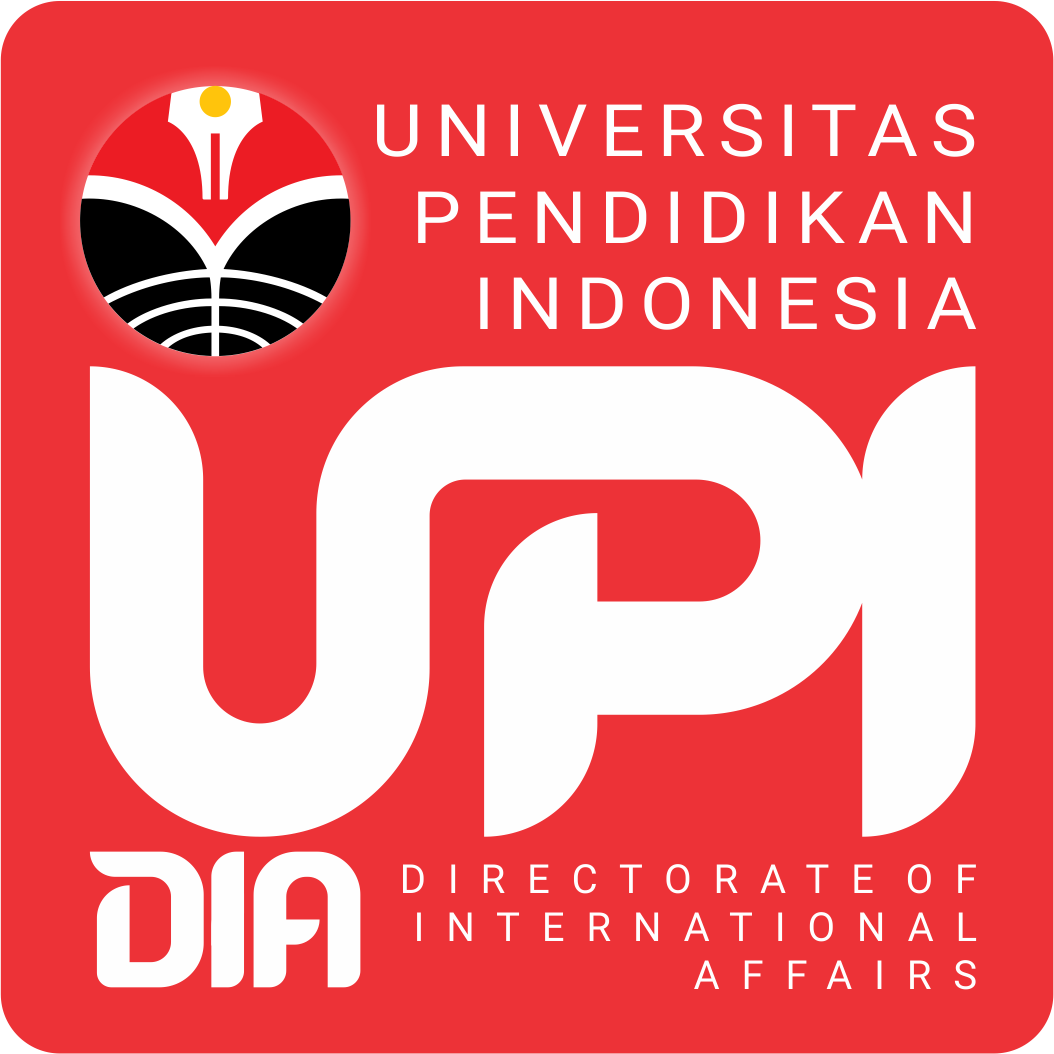

The Community Service Program (KKN) team from Indonesia University of Education (UPI) provides assistance to the residents of Wantilan Village, Subang Regency, in optimizing their reduce-reuse-recycle (TPS3R) waste management site. TPS3R is a waste management concept that prioritizes the efficiency of waste generated so that all of its parts can be utilized. One of the parts that can be used effectively is organic waste, which is processed into compost.
The TPS3R owned by Wantilan Village is one of its advantages. The waste management of TPS3R in Wantilan has been recognized by the Sae-Maul Foundation, a foundation that focuses on empowering communities and the environment from Korea. The head of Wantilan Village, Komaruddin S.Pd, expressed his gratitude to the Sae-Maul Foundation for choosing Wantilan as a prototype village for the Gyeongbok area in Seoul, Korea. He said, “This TPS3R is a valuable asset for us, especially for the health and cleanliness of the village.”
Wantilan Village, which relies on agriculture and plantations as a source of livelihood, benefits from the TPS3R. The organic waste generated from households is processed into organic compost. One of the advantages of TPS3R in organic waste processing is the cultivation of maggots. Wantilan Village has become a prototype village in Subang as a tangible form of the success of maggot utilization.
Suparman, the Head of Neighborhood Association 02 in Wantilan Village, who is also responsible for maggot cultivation in the village, said, “Wantilan Village has succeeded in using maggots as a source of income for the Village-Owned Enterprises (Bumdes). Our maggot cultivation has caught the attention of the Environmental Agency. We have become a prototype village for the Subang region and continue to receive guidance from the Subang Environmental Agency.”
The role of maggots in TPS3R waste management is significant. The presence of maggots, which can break down organic waste and prevent unpleasant odors, makes Wantilan Village a waste management site without the presence of flies that usually roam around and disturb the area. The BSF flies that produce maggots are unique.
Wantilan Village was visited by the Gyeongbok Nursing Academy and the Sae-Maul Foundation on February 16, 2023, to see the TPS3R and the potential for a tourism village. The presence of TPS3R in Wantilan Village has encouraged the Gyeongbok Nursing Academy to provide guidance on waste management from a health perspective. The nursing academy also appreciated the ideal location of TPS3R, which is far from residential areas and has a well-organized waste management system. Wantilan Village received guidance from the academy to improve the quality of TPS3R waste management to ensure the health of its residents.
Komaruddin, the head of Wantilan Village, said, “TPS3R has its own attraction from a tourism perspective. The strategic location and fast development will be an advantage in realizing an agro-industrial tourism village. Therefore, we are grateful to the UPI KKN students who have a program to design the agro-industrial tourism village by utilizing the conditions of the village and maximizing TPS3R as a tourist attraction and icon of our village.”
